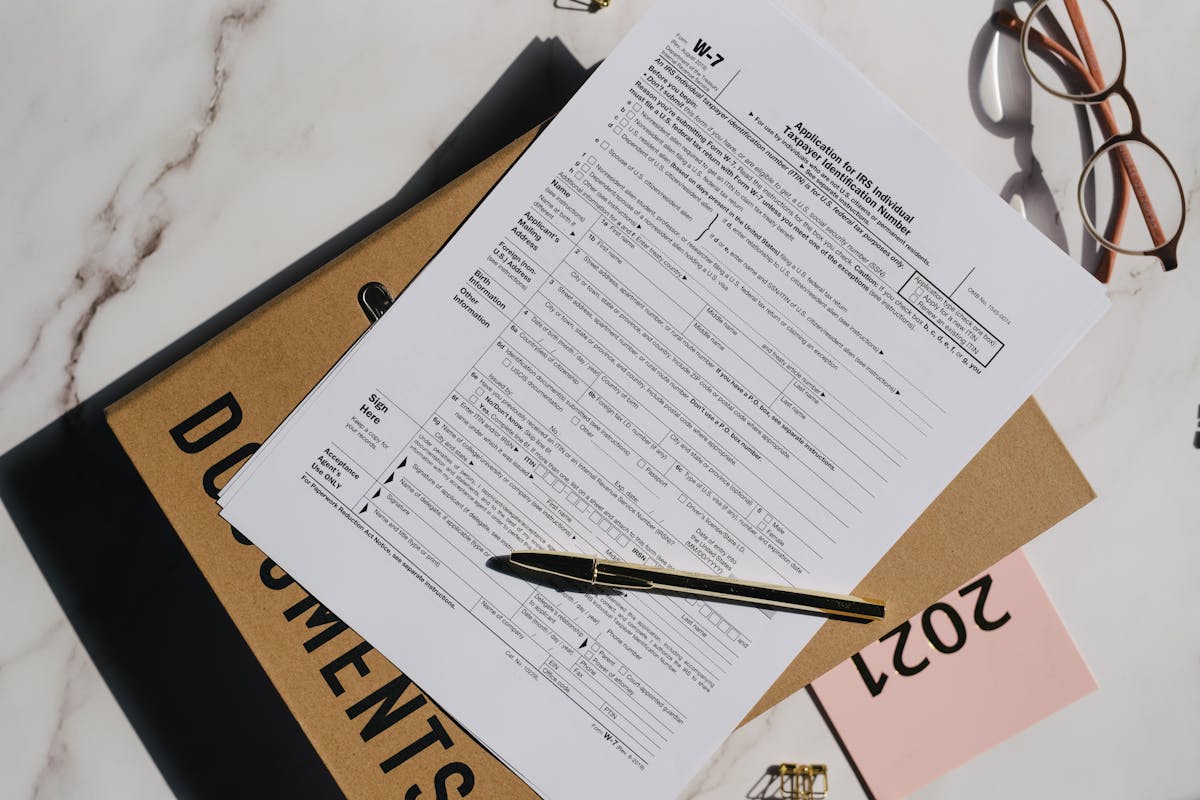

Applying for a U.S. taxpayer identification number can feel overwhelming, especially if you are not eligible for a Social Security Number (SSN). The IRS Form W-7 is designed for individuals who need an Individual Taxpayer Identification Number (ITIN) to meet their U.S. tax filing obligations. Whether you are a nonresident alien, foreign investor, or dependent on a U.S. taxpayer, understanding how the W-7 process works is essential to staying compliant.
Form W-7 is the official IRS application for an ITIN. An ITIN is a tax processing number issued to individuals who are not eligible for a Social Security Number but still need to file U.S. tax returns, report income, or claim certain tax treaty benefits.
The ITIN ensures that the IRS can track and process tax obligations for foreign nationals and others who earn U.S. income but cannot obtain an SSN.
You may need to apply for an ITIN if you fall into one of the following categories:
When applying for an ITIN, you must provide proof of identity and foreign status. Commonly accepted documents include:
There are several ways to submit your W-7 application:
The W-7 process can be complex, particularly when documentation requirements vary depending on your situation. Using Watter CPA, an IRS Certified Acceptance Agent (CAA) offers several advantages:
After submitting Form W-7, the IRS typically takes 7 to 11 weeks to process applications. During peak tax season, processing may take longer.
You can check the status of your ITIN application by calling the IRS at the number provided in your application instructions.
Anyone not eligible for an SSN who must file a U.S. tax return or claim tax benefits.
IRS processing usually takes 7–11 weeks, longer during peak tax season.
No, Form W-7 must be submitted by mail, through a CAA, or in person at select IRS offices.
A valid passport or other government-issued ID proving identity and foreign status.
Yes, a foreign passport is the most commonly accepted single document for ITIN applications.
Yes, ITINs expire if not used on a federal tax return for three consecutive years or as notified by the IRS.